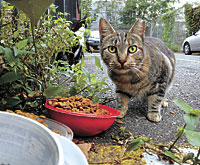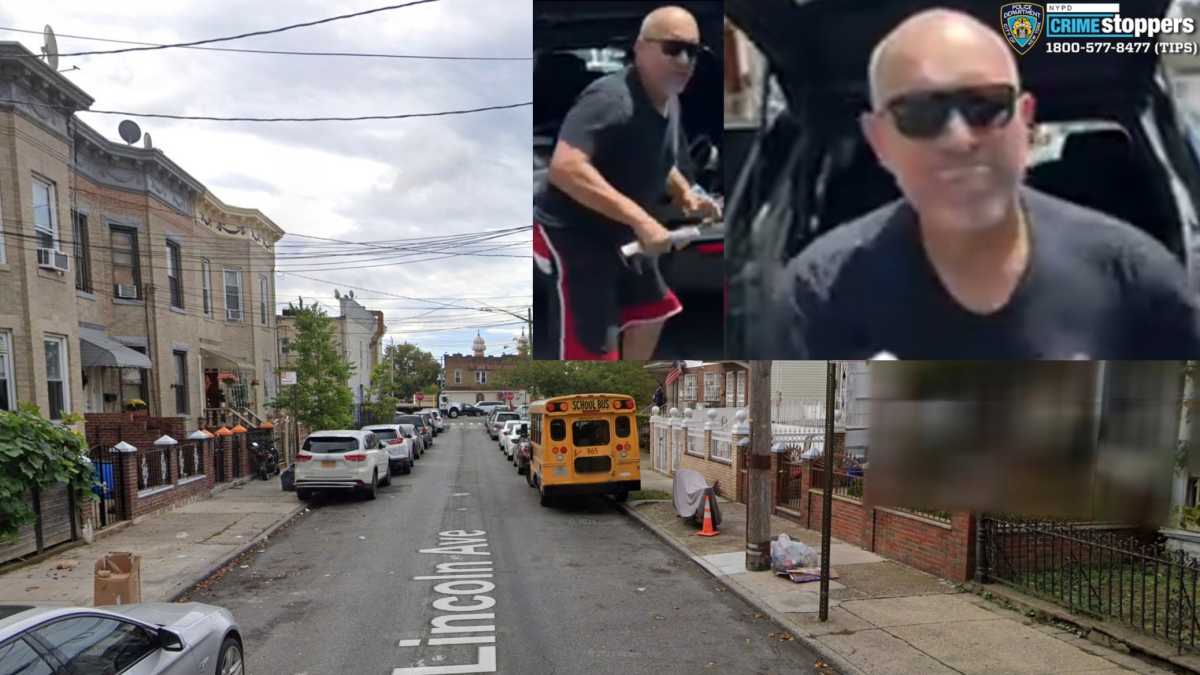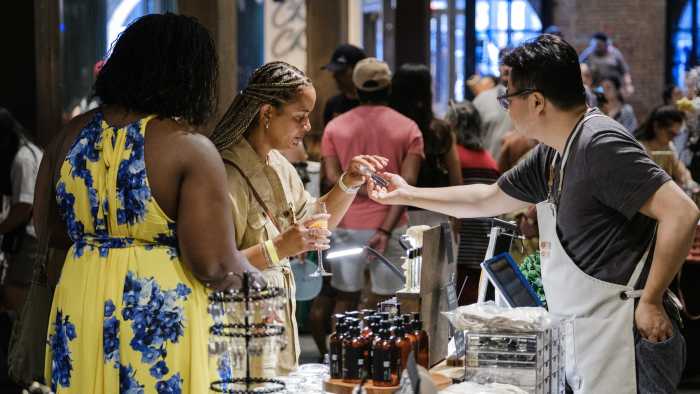It’s not just any neighborhood where people can swipe a cat off the street, have his or her genitals surgically removed, and be declared a hero.
But in Park Slope, a group of men and women doing just that has been gaining supporters — and not just because next Monday is National Feral Cat Day.
With that holiday approaching, The Brooklyn Papers accompanied Jesse Oldham, the executive director of Slope Street Cats, as she checked up on one of her “cat colonies” (as groups of wild felines are known in the feral cat world).
This particular colony has about 11 kitties and sits in a parking lot between two houses. Before Oldham began caring for them, the cats had been keeping neighbors up at night with their notoriously loud mating.
“The neighbors called me in,” said Oldham.
And in she swooped, trapping the cats, neutering them, and putting the better-behaved cats up for adoption.
But not all wild cats can, after all, become cuddly lap-sitters. The less-socialized of the kitties returned to the lot, where volunteers work with the lot owner to feed the cats and give them shelter in the cold.
“As cute as they look, they will just jack you up,” said Oldham of the pussies lazing about the parking lot.
“There’s a feral cat saying, ‘A friendly cat is a dead cat.’”
Oldham struggled to open a reluctant sardine can, when she was interrupted by a middle-aged man picking up his car from the lot.
“Catwoman!” he cried, and introduced himself as Robert.
“It’s a nice thing you’re doing. Now that they’re fixed, they don’t spray my car anymore.”
Oldham, 32, explained why she founded Slope Street Cats in 2004.
“When I moved into South Slope and winter came around, I realized the feral cats were sleeping in boxes in the snow,” she said. “I was pulling half-dead cats from basement windows. The mothers would sleep on top of cement to keep their babies warm.
“They are individual little souls out there, and they deserve a good shot,” she said. “It’s because of humans that they’re out there. We are actually responsible.”
The group has since grown to more than 20 members, including a couple of men. But the work never ends.
“There’s a gas station with another cat colony, but the guy next door actually threatened one of our volunteers because he said the cats were scratching his BMWs,” recalled Oldham, whose workers ultimately won over the disgruntled neighbor.
And while the strategy known as TNR — trap-neuter-release — is popular among most animal rights organizations, there’s at least one prominent opponent: People for the Ethical Treatment of Animals.
“We don’t believe that the cats belong outdoors,” said PETA spokeswoman Daphna Nachminovitch.
“For the cats, neutering does little to address their exposure to cruel people and cars.”
But TNR has plenty of supporters, including the ASPCA, New York City’s Animal Care and Control, and a number of Slope residents.
Oldham is trying to turn support like that into money. On Oct. 16 — remember, that’s National Feral Cat Day — her group will hold a fundraiser at the Cocoa Bar, on Seventh Avenue between Third and Fourth streets, in Park Slope.
Interested cat-lovers should visit www.slopestreetcats.com.






















